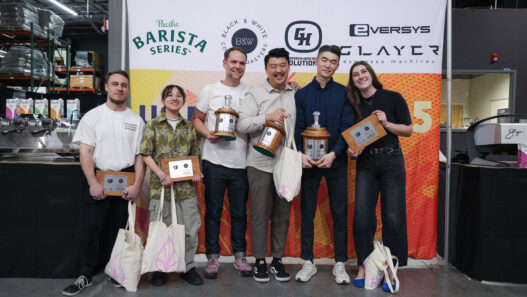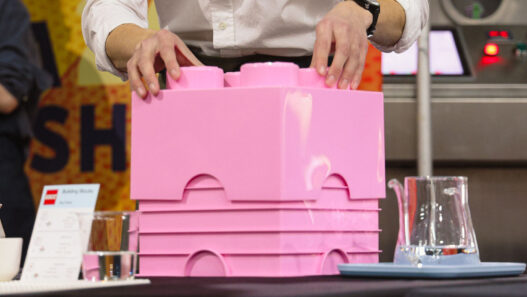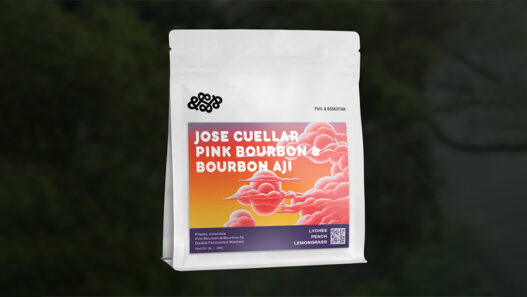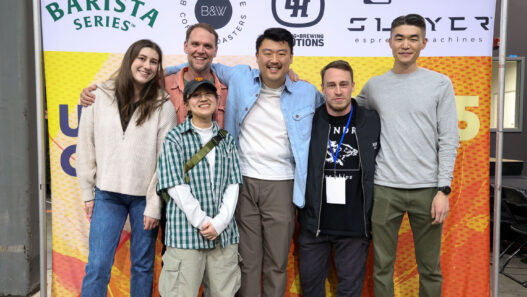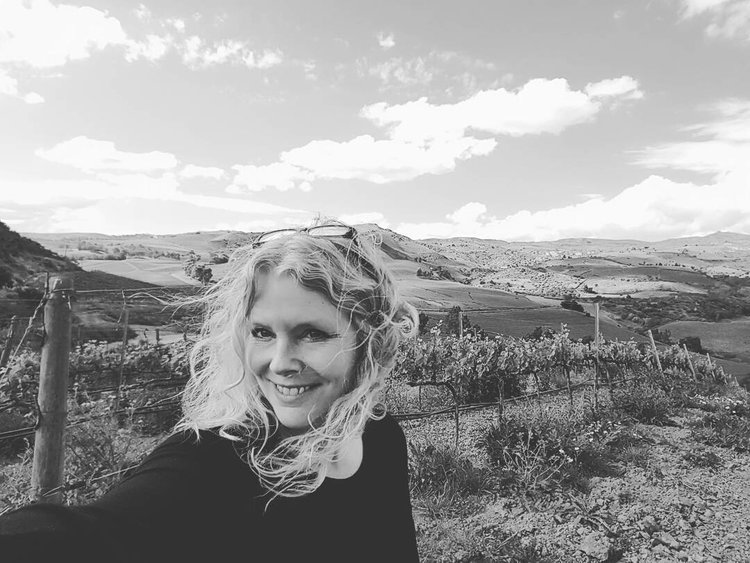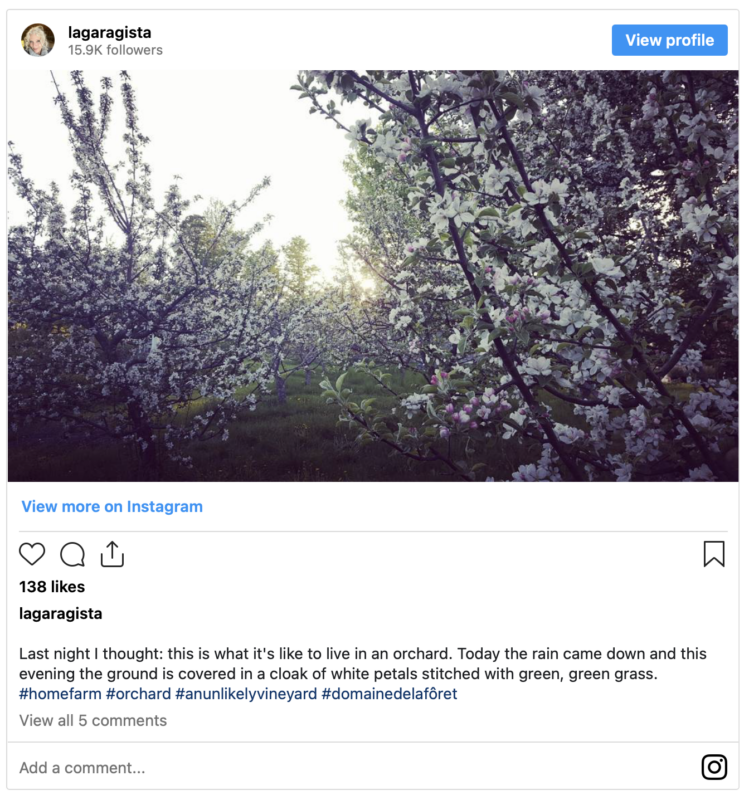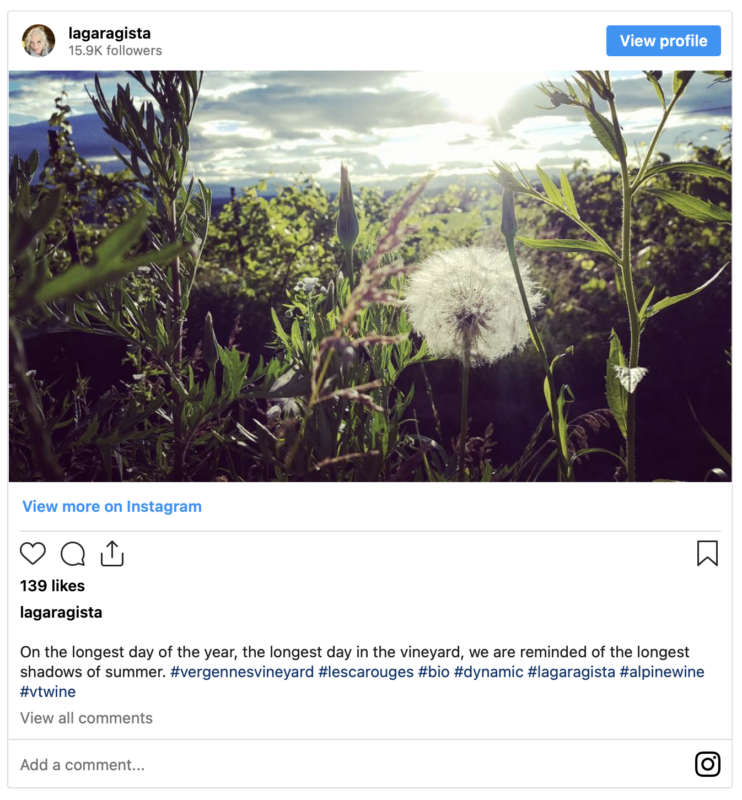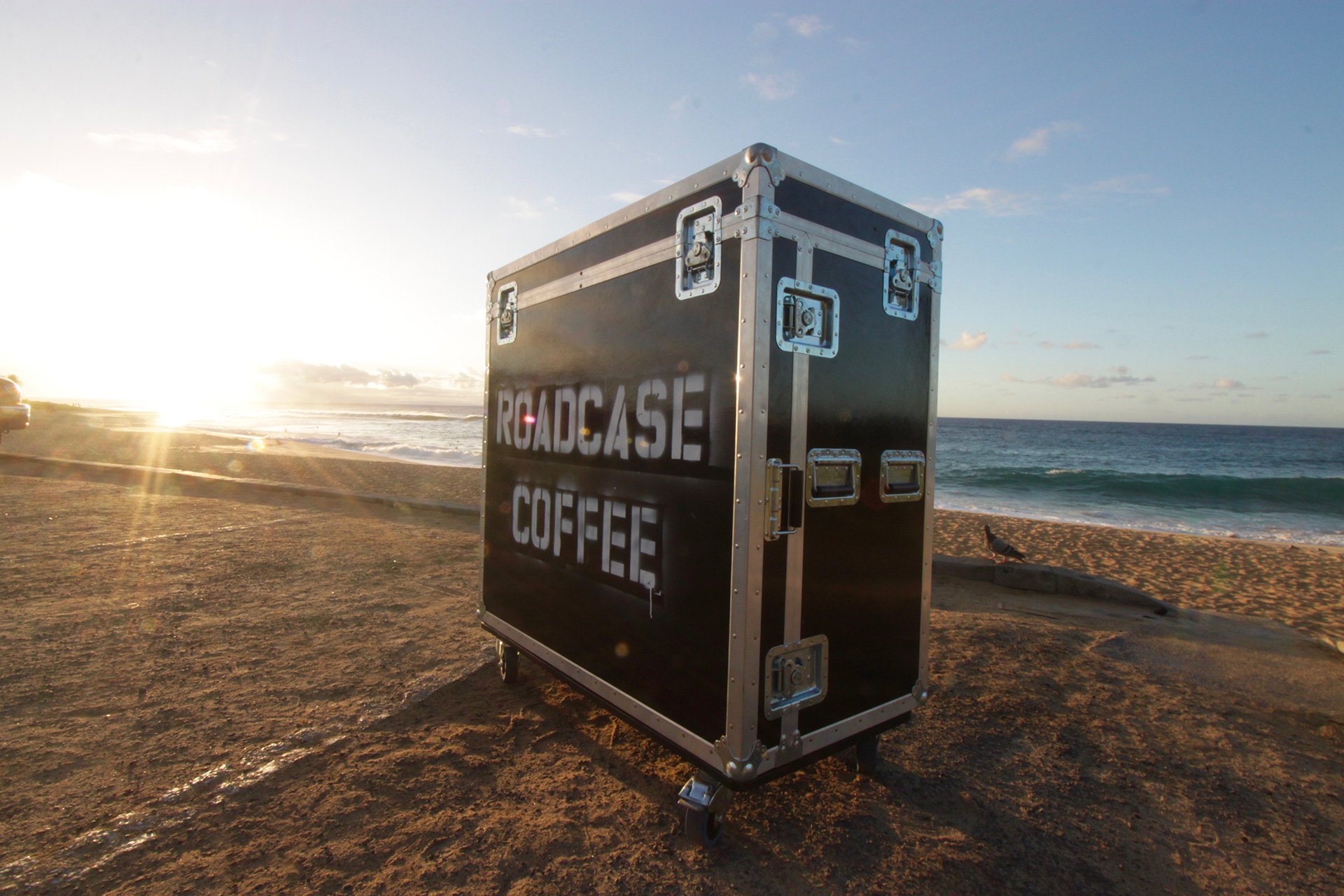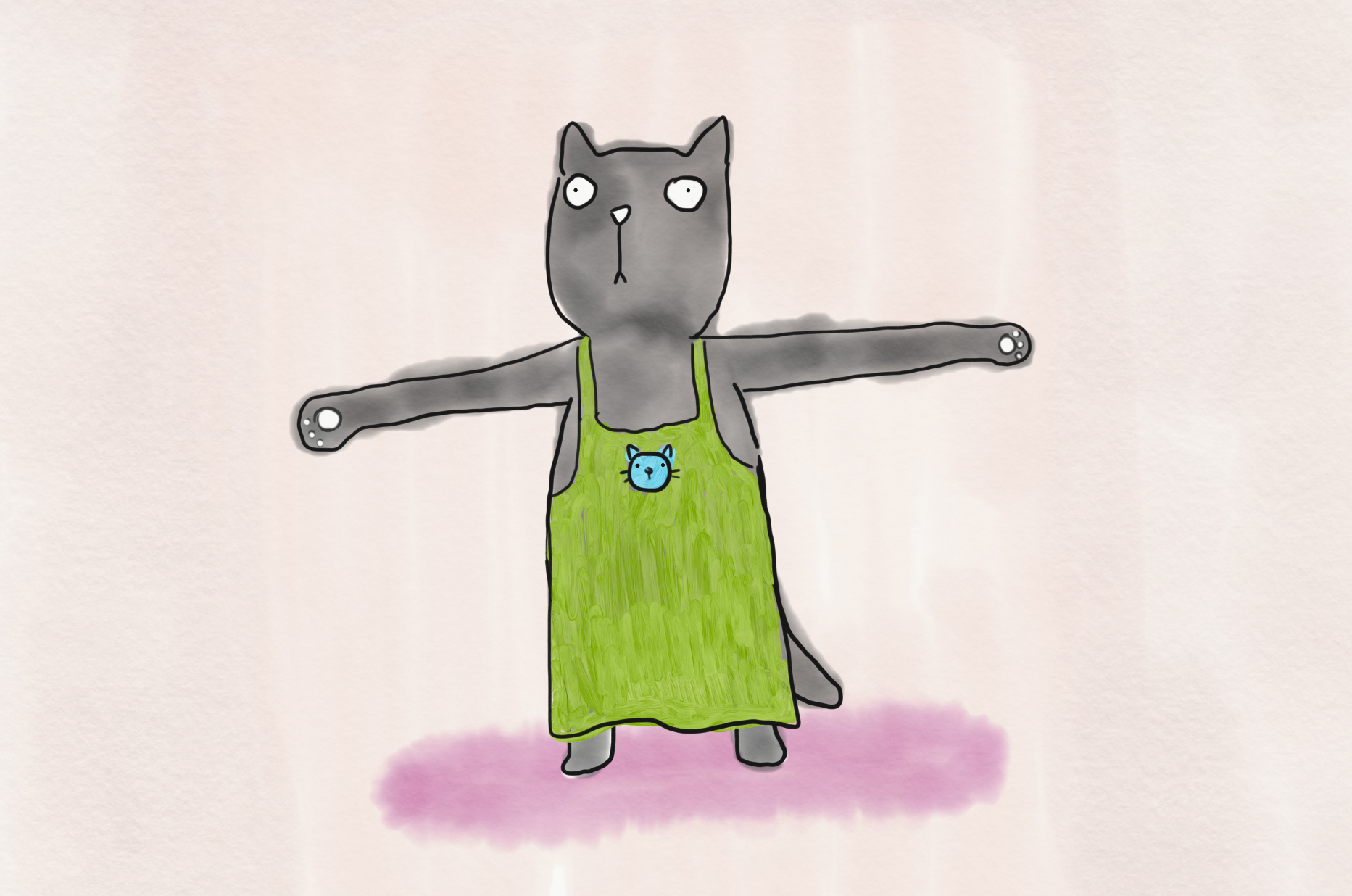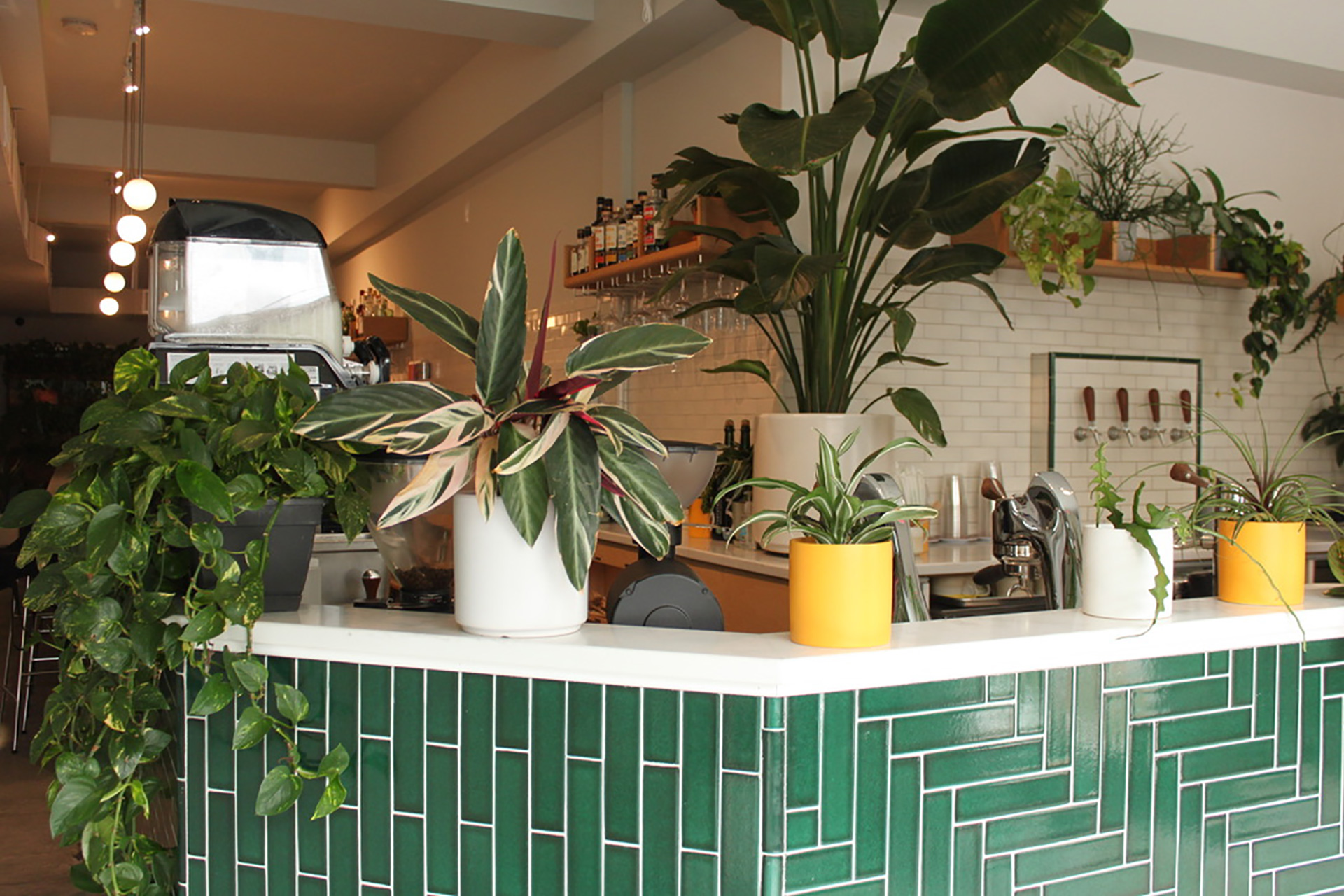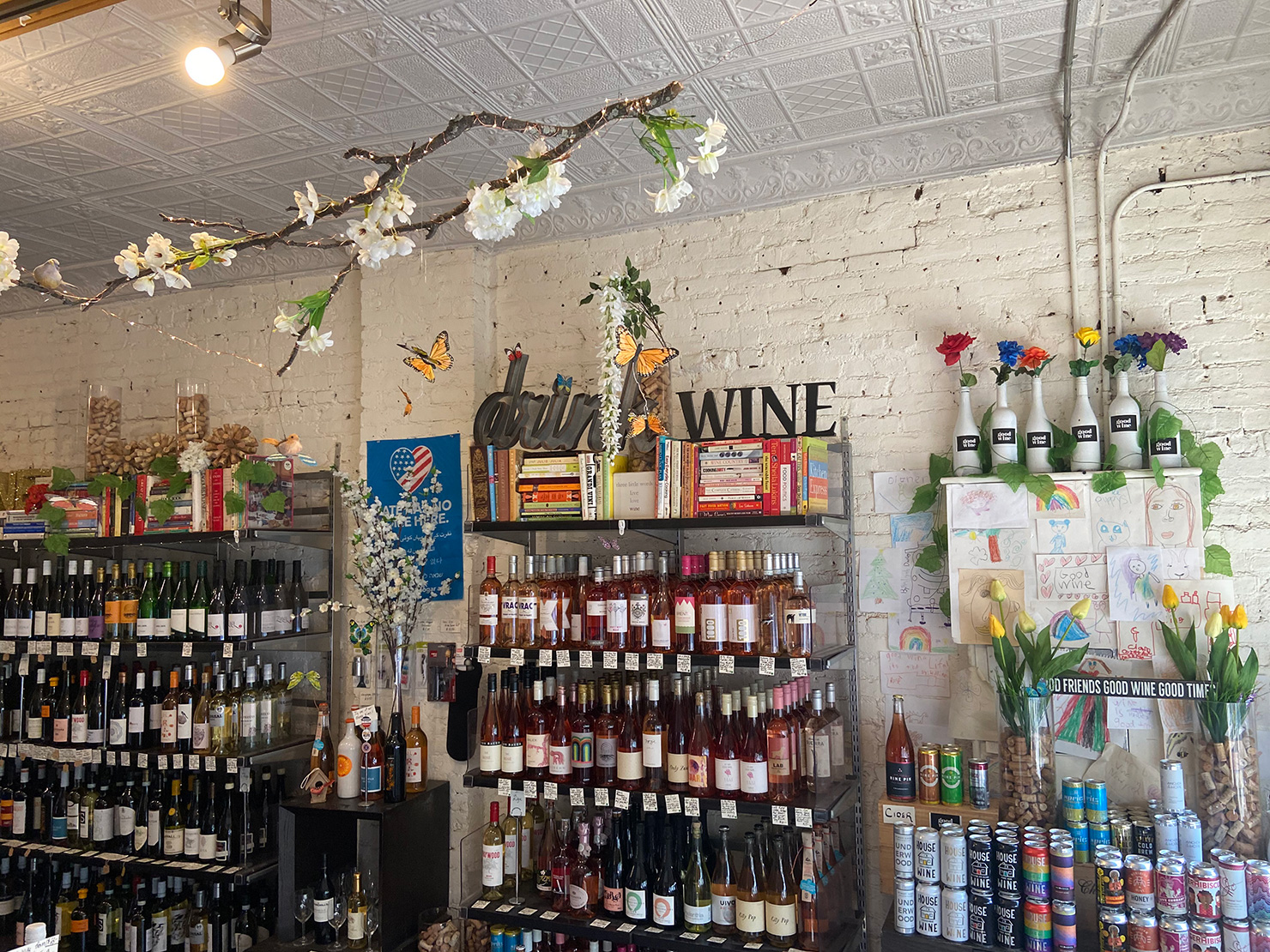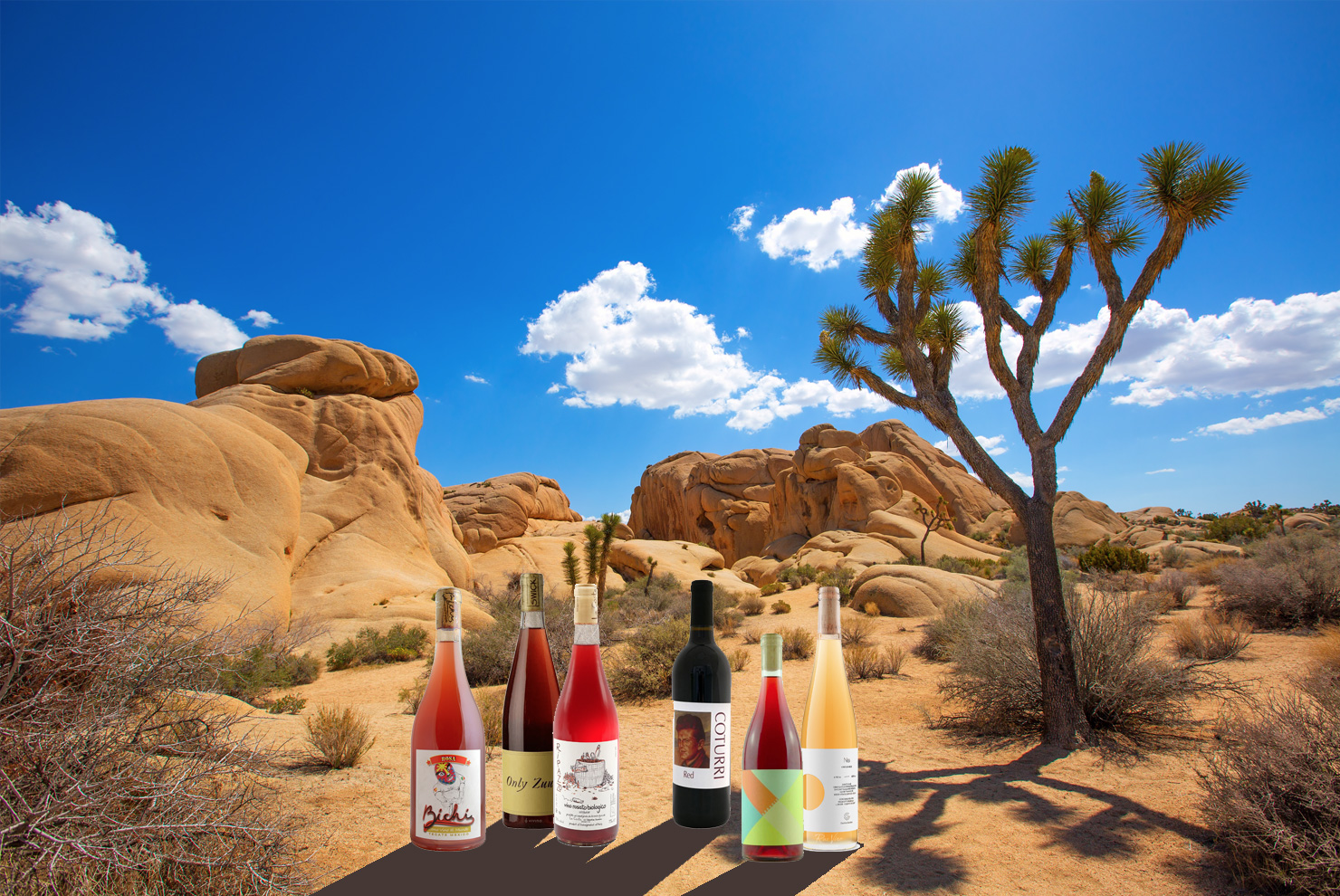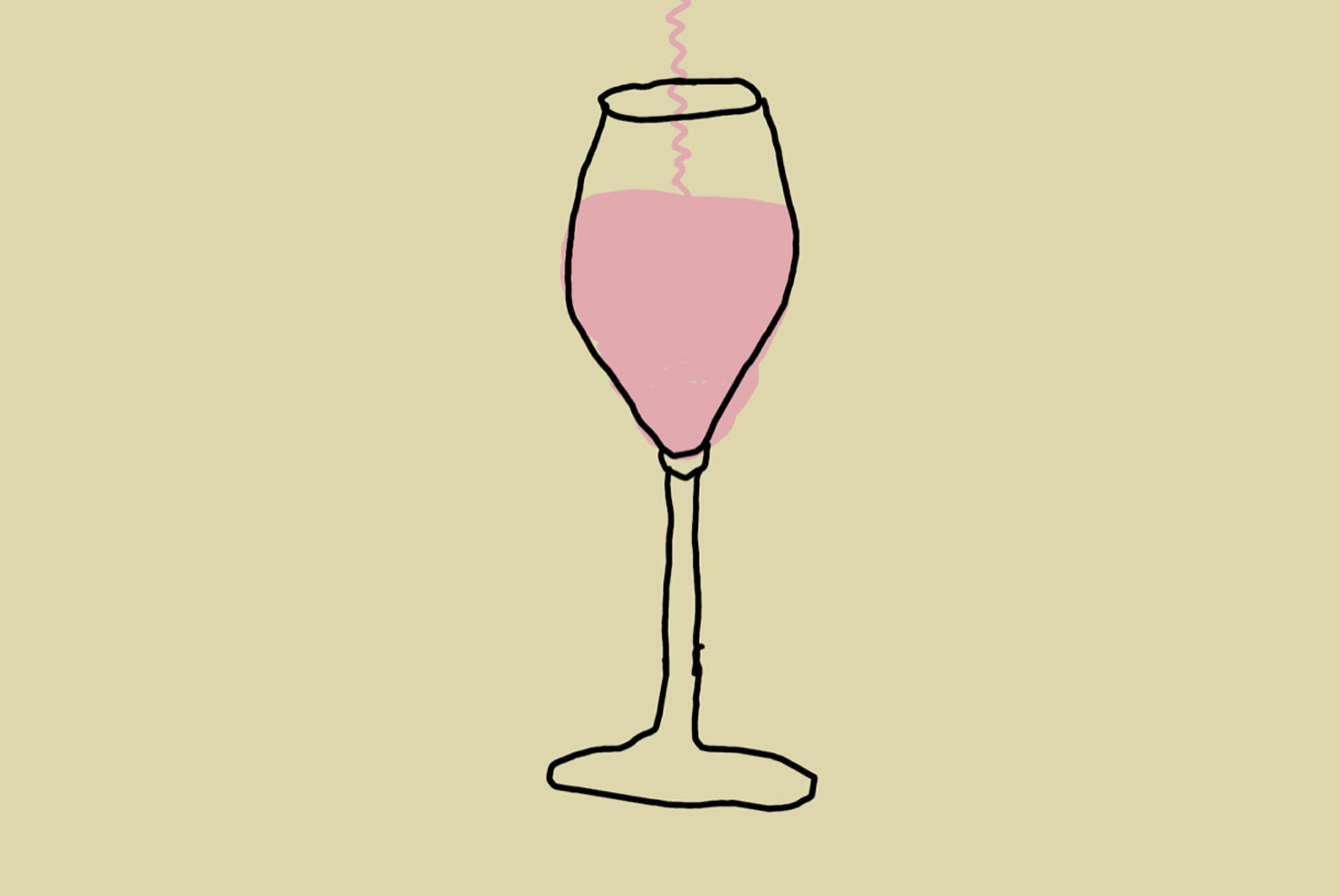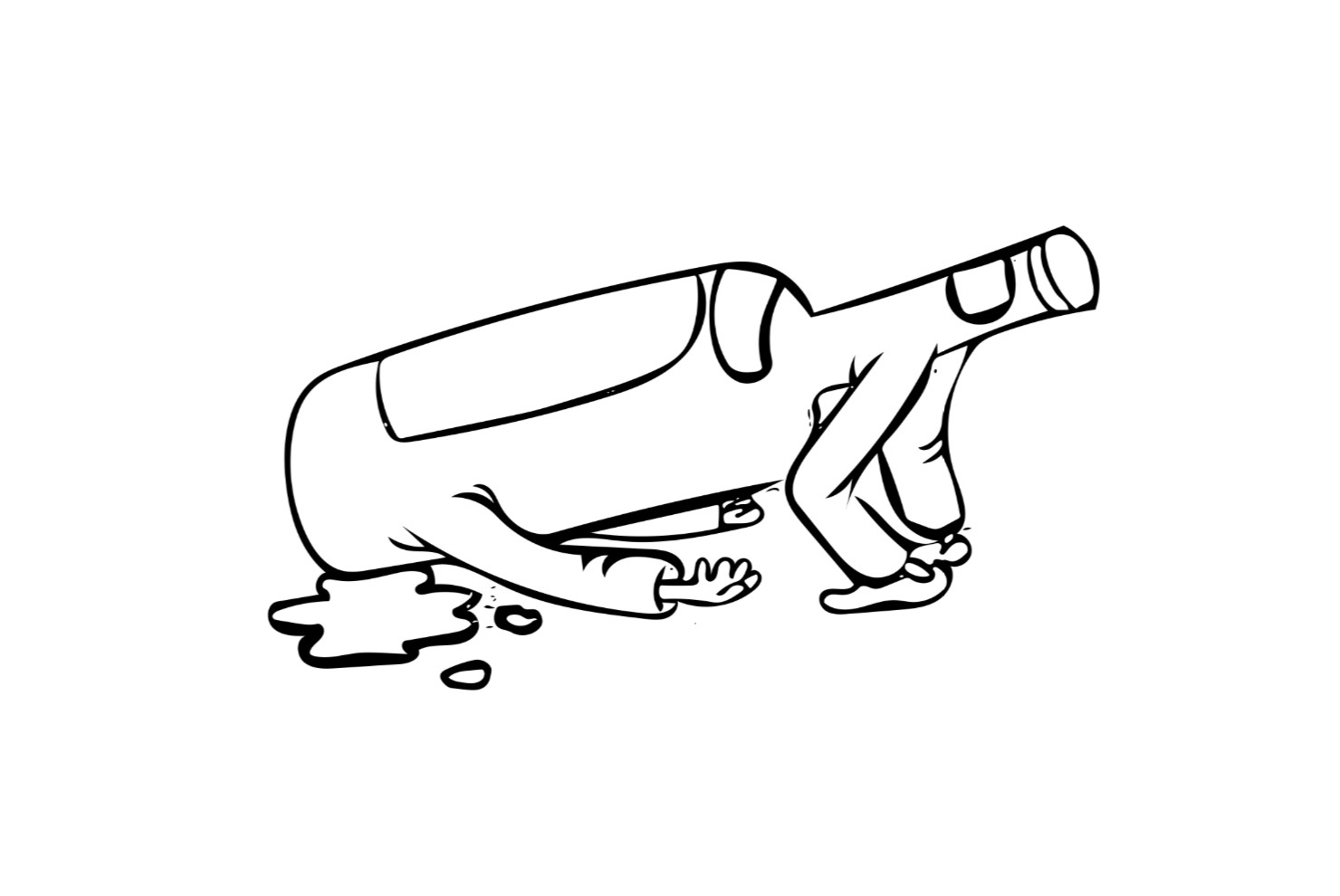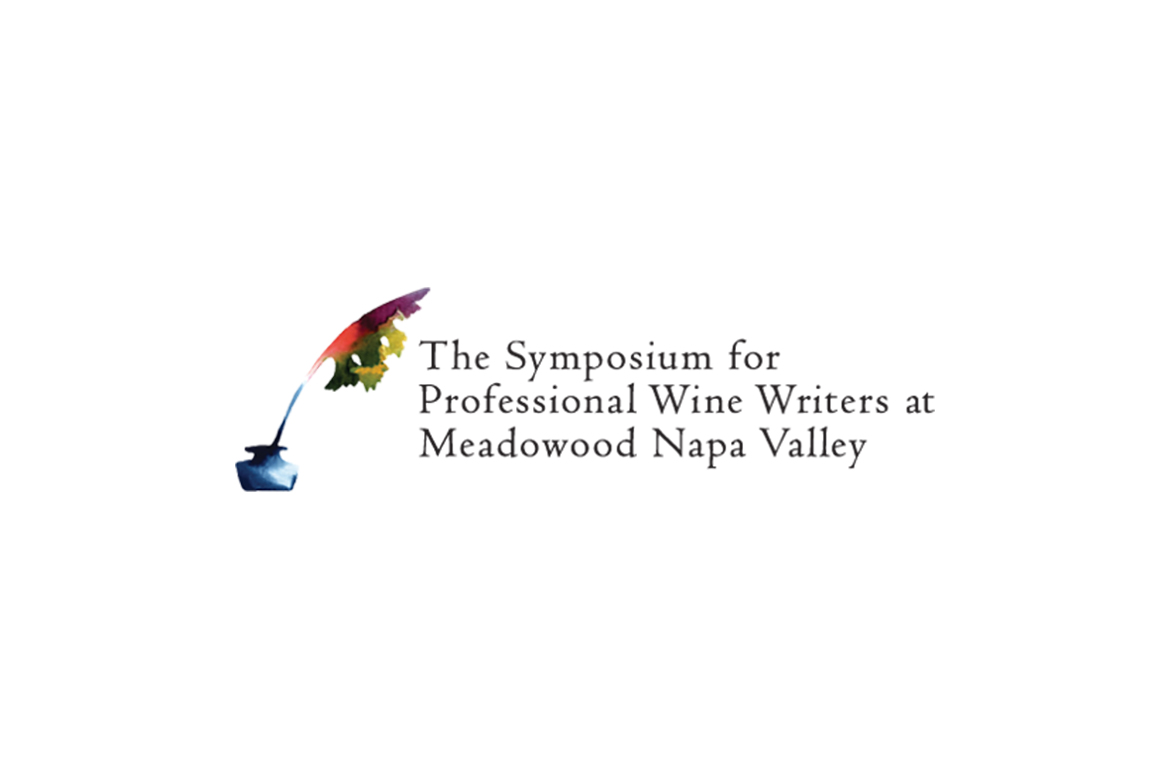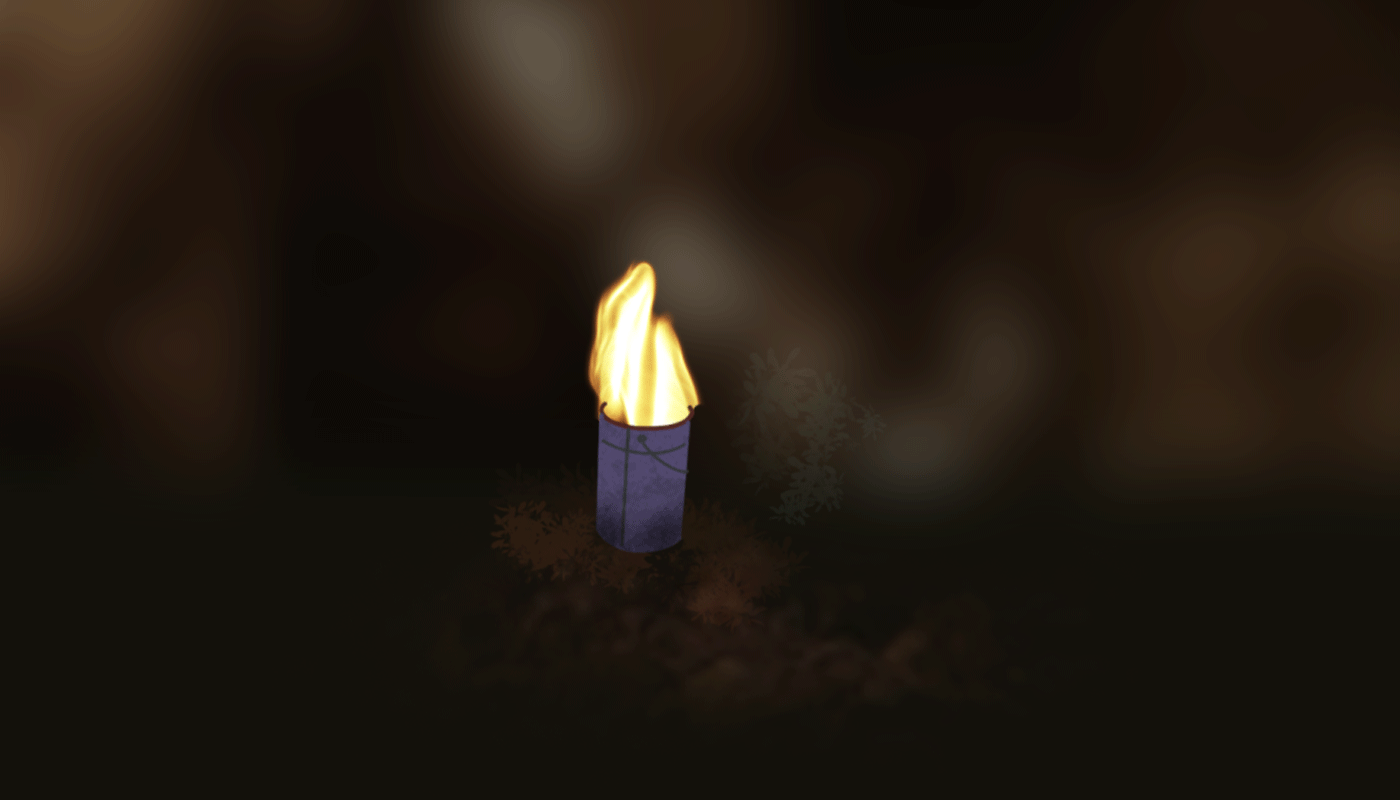There is a story in every bottle of wine, every glass. But we can’t always buy that certain bottle or order that specific glass. The story however, can be attained through other means; in this social media age, we can “consume” from afar. I’m not talking about images of labels of the latest bottle a friend, a wine writer, a sommelier paired with the evening’s meal.
I’m talking about the stories from the heart of the vineyard.
That’s how I have come to known La Garagista, a farm and vineyard nestled in the middle of Vermont. Deidre Heekin and Caleb Barber are the husband-wife team behind the operation, spending their days working in balance with the natural world around them, and turning the fruits of their labor into an impassioned world of food and drink that’s a true expression of place.
I write this as if I’ve spent weeks at their farmstead. Truth be told, I’ve never had Deidre’s wine. Embarrassingly, instead of knowing her through a bottle or a glass, I know her through her Instagram account.
Social media is of course no replacement for human interaction, and certainly, I would love to get my hands on a bottle, even better, sit down at the farm for a meal and a drink. Until that day comes, thanks to technology, I have instead imbibed Deidre’s ethos. Her stories in words and photographs offer a look into winemaking as not just a way to concoct a wonderful drink, but to have an entirely holistic approach to agriculture and the interactions with the world around us.
That her words would sometimes be poetic comes as no surprise. She penned a book in 2014 titled An Unlikely Vineyard: The Education of a Farmer and Her Quest for Terroir. From afar, she seemed like the kind of person that would be in my tribe. In other words: I’m a fangirl.
I wanted to learn more. But Deidre’s in Vermont, I’m in the Pacific Northwest—essentially on opposite ends of the country—and until I can make the trek to her special corner of the world, I had to satisfy myself with catching up on email to learn more about her philosophy and approach to wine. Despite being in the midst of a hectic wine travel schedule, she graciously offered to tell me more about her story and what the La Garagista farm and winery stands for.

How did you get started in wine?
I got started in wine when my husband and I opened a bakery and cafe twenty years ago. Very quickly the space morphed into a full-service restaurant. Initially, both Caleb and I were in the kitchen; I helped with lunch prep, and made the desserts. We realized early on that we would benefit from dividing and conquering. One of us would stay in the kitchen, and one of us would manage the front of house and grow the wine list. Caleb was always the real cook between us and I had already begun to be intrigued by wine, so it was an easy choice for me to dedicate my time to educating myself as a sommelier and to be our wine director. Since our kitchen and Caleb’s cooking was focused on farmhouse Italian cooking, and both of our passions for food and wine were sculpted by our time living and working in Italy, I chose to specialize in indigenous Italian varietals.
Like many sommeliers, I got to a point in my own growth as a wine director that I wanted to understand the process of fermentation kinesthetically so that I could better educate tableside and better tell the stories of the wine producers on our list. I began to make wine at home with fruit with provenance from California and even Italy bought through one of our produce vendors. A couple of years in, I realized that I needed to go a step further to better understand the work, I needed to actually grow the wine in the field as this is how the majority of the producers on our list worked. That led me the furthest down the rabbit hole of this work I love!
What is your personal approach to making wine?
When I started making wine the philosophy that inspired me was simply called natural wine, then it evolved into non or low-interventionist wine. Now the term zero/zero is often used. Now the terms living wine, raw wine, real wine are also used. All to describe an ethos that is about making wine in the vineyard without synthetic chemical additions in the farming, working with the land, working with nature as opposed to against nature. And this methodology extends to the cellar. I believe in native yeast and no additions in the cellar, except for small amounts of sulfite when the wine or season warrants it. I am not dogmatic about sulfur, but I do believe in moderation, and if it’s not needed, I don’t use it. I rely on the fruit and the wine’s stability and strength. I think of myself as a companion to the fruit, and a guide to the wine. I approach my farming as an artisan would their craft, or an artist their medium. I believe in integrity and transparency.
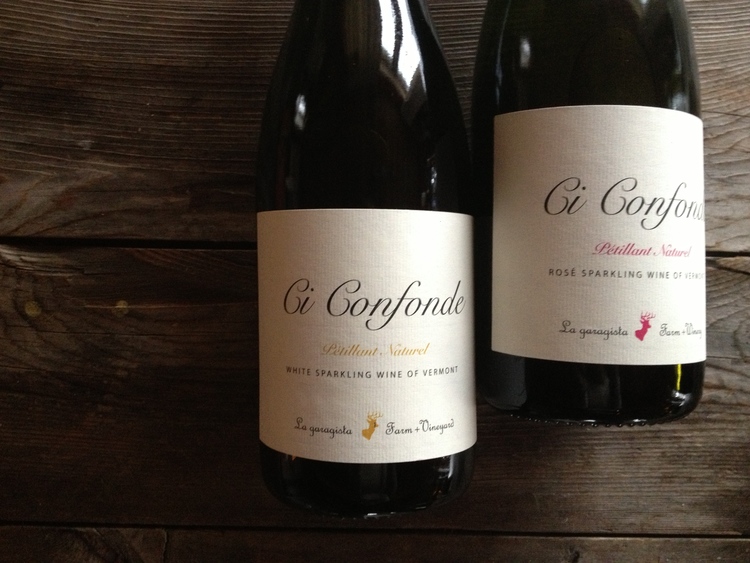
Most people wouldn’t associate wine with Vermont. What have some of the trials and tribulations been of getting a winery up and running in a region that isn’t known for wine?
This has long been true and still is to some extent, but we are very happy to be part of a movement that is changing this thinking! When we started there wasn’t a lot of information, there weren’t really any elders to help us along here in Vermont. There were a handful of wineries making really solid wines that spoke of promise, but those producers were relatively new too and hadn’t been doing it that much longer than we had. Some of them shared as much as they could, but it was and still is a wilderness for all of us in many ways. We don’t know how to necessarily answer the questions, things like will this wine age, or what is the best soil type and exposition for this varietal? This is also our advantage. We don’t have to adhere to prescriptive stylistic rules like those put forward by the AOC in France or the DOC in Italy. We don’t have standard bearers, so we can experiment, push boundaries, ask questions of ourselves, fellow producers, our landscapes, and our wines. We are very fortunate in this.
We have also been very fortunate that we came out of the restaurant field into the wine field. That gave me access to a variety of producers to whom I could reach out to for help, for advice. I have had wonderful mentors making wine in other, yet similar places. And through our restaurant ties, we have had access to shop owners and other wine professionals in other places, that are not Vermont. We are able to connect and share our wine with them and have our wines move in the world beyond our state. When that began to happen, it was easier to connect with people here as they began to understand that Vermont wine could have a place in the larger framework of the wine world.
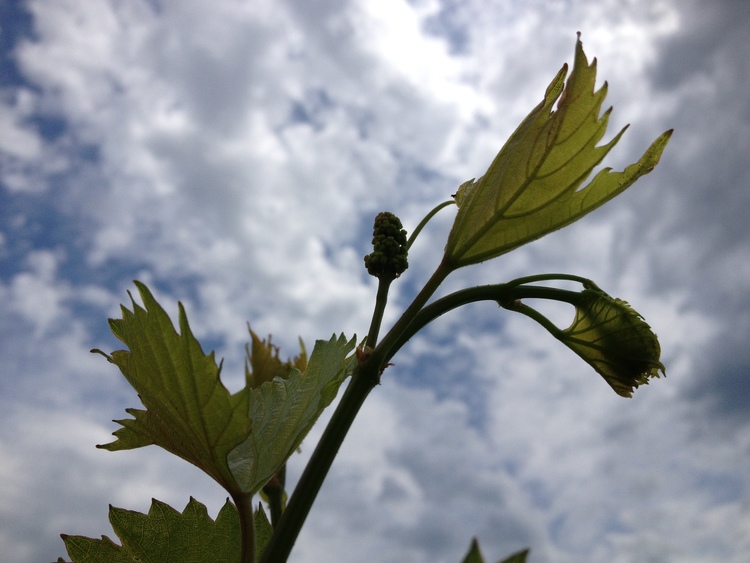
You not only grow grapes, but run an entire farm. For you, what is the importance of integrating a vineyard and a winery into an overall farmscape?
The core of what we do is at our home farm vineyard where the farm and winery is. It is the beating heart of all the 4 vineyard parcels. We strongly believe in poly and permaculture, so we are able to experiment with the rather liquid boundaries of orchard, vineyard, vegetables, livestock, flowers. Each element of the farm morphs into and feeds the next. We plant fruit trees in the raised beds with the herbs and vegetables, onions and cabbages in the rose garden, carrots and parsnips and roses in the vineyard. This creates a whole-farm agriculture that is unique to us and our land. While we don’t focus on edible companion planting at our other two vineyards in the Champlain Valley, we do look to create an integrated system that fits each terroir. In one vineyard we work with the wild flora which has created a specific micro-micro climate in which the wild flowers protect the vines from certain disease pressures while also informing the character of the whole vineyard. In another vineyard, we focus on the openness of the land, and establishing other cover and flower crops that inform the situation of the vineyard which is a parcel born of wind and sun. We adapt our approach and our farming systems as each season presents a different scenario for each piece of land and the vines planted on it.
What is the most exciting thing about working in wine?
The most exciting thing for me is working with the vines themselves and studying things like the botany of the other plants that grow alongside. Working under the umbrella of biodynamics has opened a complete world of investigation and learning in relation to how each parcel operates and us within them. This is how I grow wine. But I am also excited by the promise of fermentation and the sharing of the wine and its evolution at the table.
What is the most difficult/frustrating part about working in wine?
The most difficult part is not having enough hours of the day to do what needs to be done. As a small producer, we are hands on and in everything, and sometime this is distracting and frustrating. My goal is to find ways to make more time for myself in the vines.
What do you see as the future of wine in the United States?
I believe we are witnessing a thrilling shift in the nature of wine in the US. A new generation of (not always “young”) producers focused on intuitive and plant and mineral-based farming connected to and aware of the native landscape, the quality of the fruit, and the integrity of their process are paving the way for real wines made by real people with a respect for history and the ability to adapt organically, in all senses of the word, to what the future holds. All fifty states produce wine, and I think we will see the conversation about and interest in hybrid varietals and the diversity and natural resistance that they offer continue to grow. These varietals are uniquely American as they are horticultural crosses descendant from European vinifera (which is descended from African and Middle Eastern varietals) and native American stock. They are a melting pot, just like we are, and so expressive of these places we all call home.
La Garagista is located at 1834 Mr. Hunger Road in Barnard, Vermont. Visit their official website for more details, and follow them on Facebook for upcoming events and information.
Anna Brones (@annabrones) is an artist, activist, author and Sprudge Media Network staff writer based in the American Pacific Northwest. This is Anna Brones’ first feature for Sprudge Wine.






